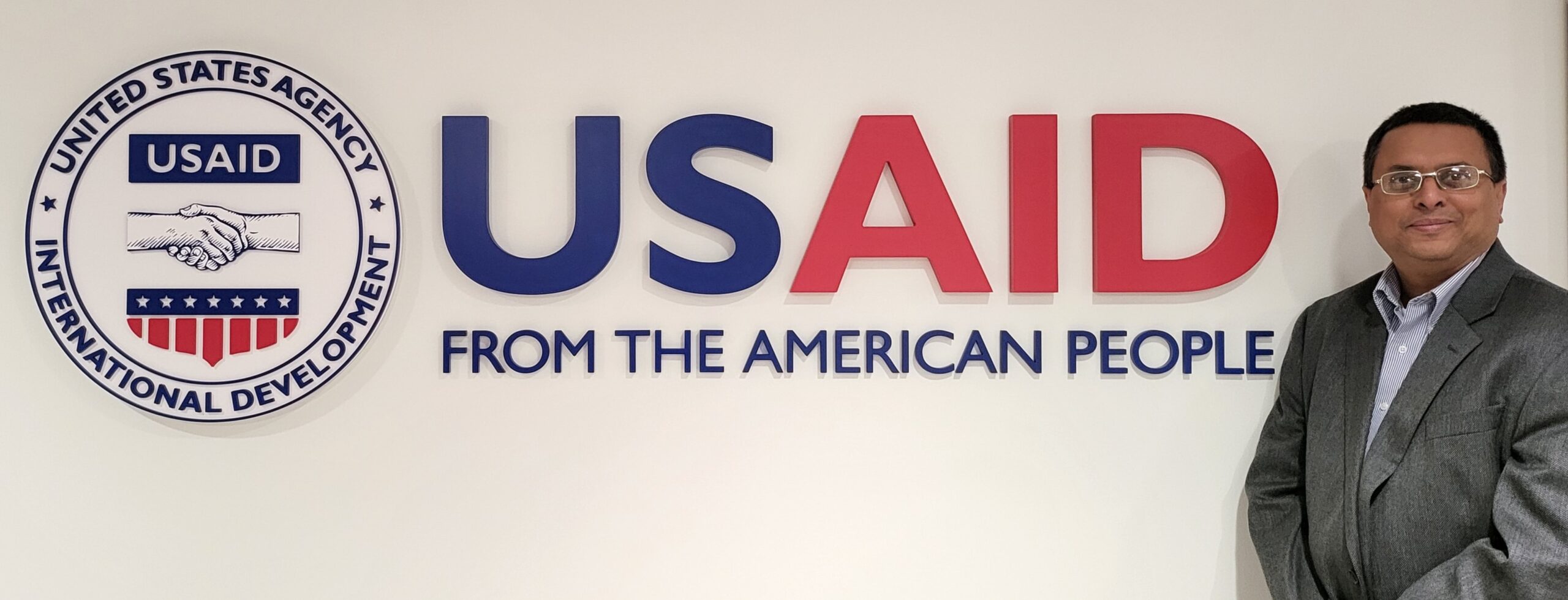An associate professor of geography at Missouri State University – West Plains has received a prestigious Association for the Advancement of Science (AAAS) Science & Technology Policy Fellowship (STPF).
Dr. Rajiv Thakur is currently engaged in a one-year fellowship hosted by United States Agency for International Development (USAID) Bureau for Resilience and Food Security’s Center for Agriculture Led Growth.
Thakur is heavily involved in the geography discipline, and he:
- Has been a member of the American Association of Geographers (AAG) since 2004.
- Received his Doctor of Philosophy in geography from Indiana State University in 2009.
- Has been a faculty member at West Plains since 2013.
The fellowship
The cohort includes 283 fellows among the executive, legislative and judicial branches of the United States government.
Through the fellowship, Thakur works with a diverse group of experts in fields, such as agriculture, water security, genetics, biodiversity, climate science and policy.
“The AAAS S&T Policy Fellowship is an opportunity to understand the policy landscape and contribute my skills in the policy realm,” Thakur said. “I like that I can connect science with policy to address challenges interfacing climate change, innovations and international development.”
Thakur’s fellowship will end Aug. 31, 2023.
“It’s very gratifying to be part of a fellowship network that’s a powerful and coveted resource for each other and for the offices in which they serve,” he said. “Fellows continue to contribute among others to pressing issues of climate change and sustainability, innovations and energy transitions through advocacy, science communication and policy research.”
Staying connected
Thakur also serves as the activity manager for Feed the Future Innovation Lab for Food Processing and Post-Harvesting Handling.
The lab aims to achieve food security by reducing global poverty, hunger and malnutrition in vulnerable countries.
Through this work, he remains connected to the Ozarks community.
“I communicate science policy, priorities and citizen science to diverse audiences in university and post-secondary educational institutions in the Ozark region,” he said. “I also engage with nonprofits in the Ozark region regarding policy areas, spanning food security, economic development and innovation.”

